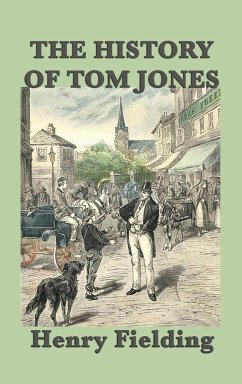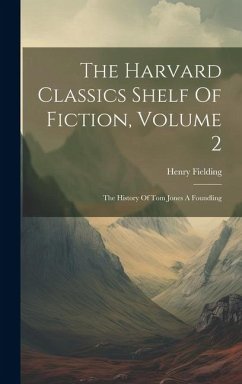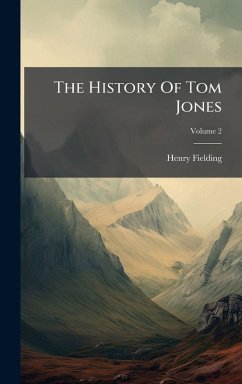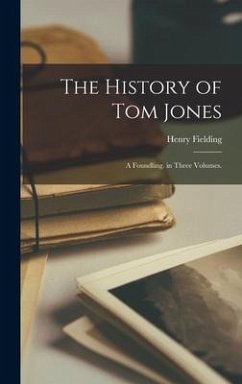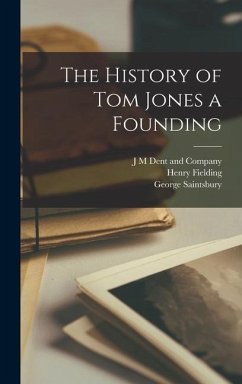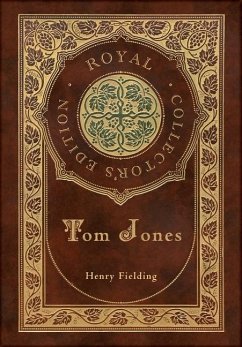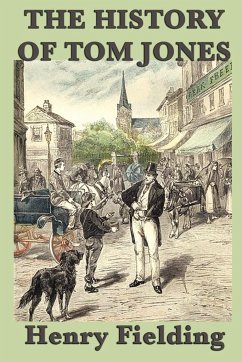
The History of Tom Jones
Versandkostenfrei!
Versandfertig in 1-2 Wochen
30,99 €
inkl. MwSt.

PAYBACK Punkte
15 °P sammeln!
Tom Jones is a foundling discovered on the property of a very kind, wealthy landowner, Squire Allworthy, in Somerset in England's West Country. Tom grows into a vigorous and lusty, yet honest and kind-hearted, youth. He develops affection for his neighbour's daughter, Sophia Western. On one hand, their love reflects the romantic comedy genre that was popular in 18th-century Britain. However, Tom's status as a bastard causes Sophia's father and Allworthy to oppose their love; this criticism of class friction in society acted as a biting social commentary.





